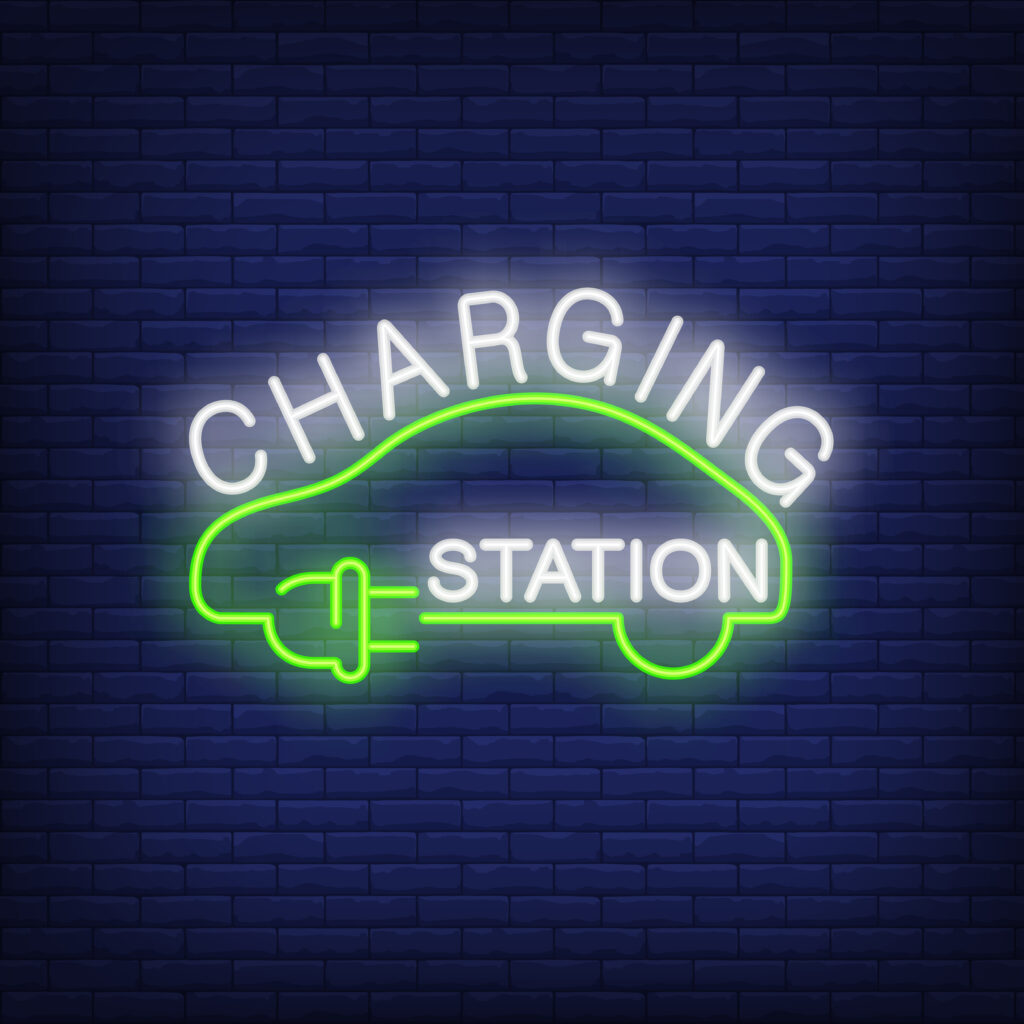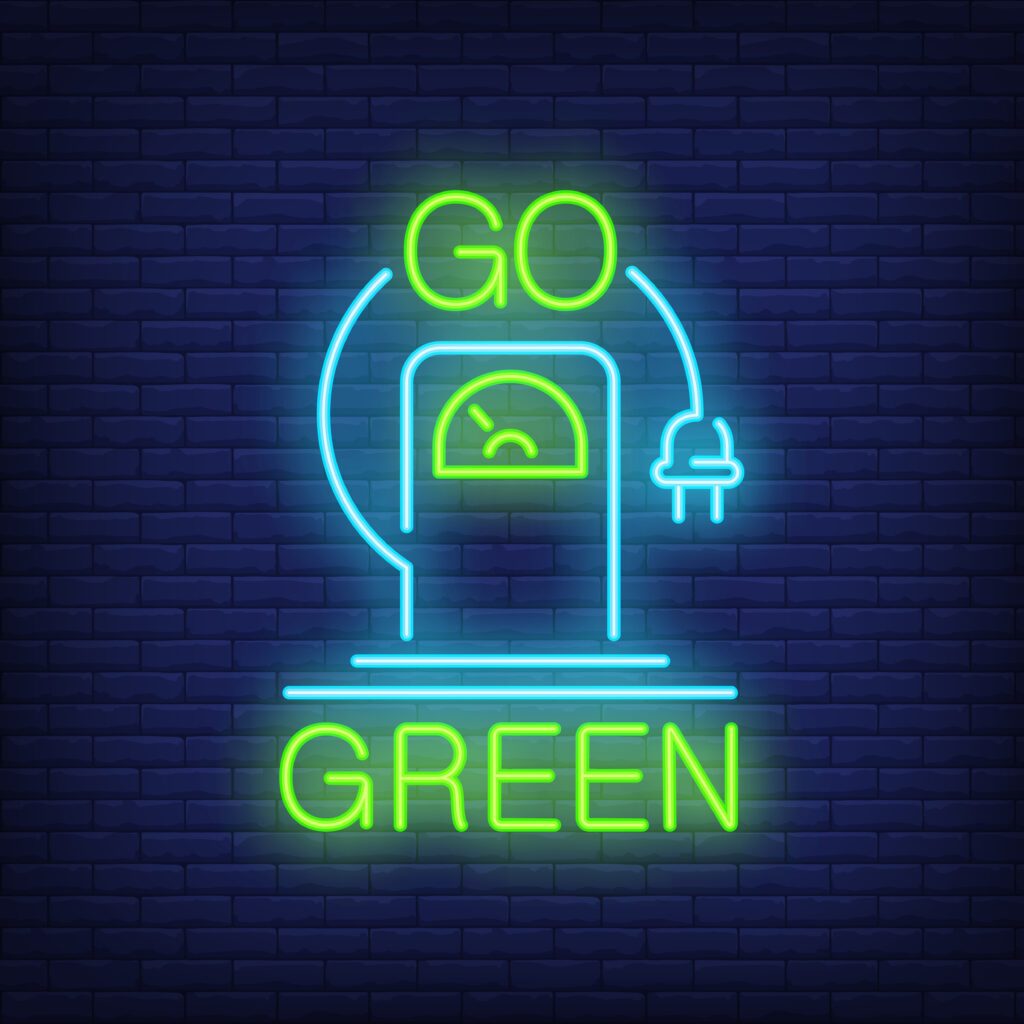A “Green” company with an active role in protecting the environment, the Toyota Group will soon launch two new cars, born from this particular aim.
In fact, Toyota has already reached the impressive record setting milestone of being the first European company to run on 100% renewable energy (a year earlier than planned), as announced at the Kenshiki Forum 2020 as part of the Group’s global strategic plan “Toyota Environmental Challenge 2050”.
In this chess game against global warming, caused by CO2 emissions, the Japanese giant has been following a strategy structured upon six distinct routes. Let’s take a look!
The first three missions – 1. “New zero-emission cars”; 2. “Zero-emission life cycle”; 3. “Zero-emission production” – with the aim of reducing CO2 emissions by 90% compared to 2010 statistics, focuses on the production of new zero-emission cars, with the launch of electric, hybrid and fuel cell vehicles on the market.
Not only that! Eco-sustainable designs will be launched, concerning both the manufacturing of all the materials used as well as the production plant itself, guaranteeing easy disposal by recycling the vehicles and it’s parts.
The green strategy includes three other missions – 4. “Minimise and optimise the water use”; 5. ‘Develop systems and societies based on recycling’; 6. “To realise a future society in harmony with nature’.
It is well known that problems such as global warming and sea pollution make it difficult to satisfy the world’s growing thirst for water. The Japanese giant has chosen not to remain indifferent to this emergency, and has designed rainwater harvesting and internal purification systems to supply its facilities. Along the same lines, the aim is to develop a more efficient technology in terms of recycling waste materials. Lastly, the Toyota Group has launched small and large-scale reforestation projects and implemented ‘green’ urban plans.

As proof of their commitment, despite the scourge of the relentless pandemic that has affected all businesses worldwide, Toyota Motor Italia, the Italian branch of the Toyota Group, has installed a new photovoltaic system on the roof of the spare parts warehouse at its headquarters in Rome, capable of producing 625 MWh per year. Thanks to this move, it is expected that CO2 emissions will be reduced by around 245 tonnes per year.
Also, as announced almost a year ago, the Yaris Cross – a crossover version of the Yaris – is coming to the European market this year and will be produced at the Valenciennes plant in France.
The model that will be produced in the “Old Continent” and it will have a 116 hp (85 kW) hybrid powertrain, an engine model already known from the Japanese brand, and will also have four-wheel drive. According to leaked information, thanks to Toyota’s Full Hybrid system, CO2 emissions – the Japanese manufacturer’s strong point – will be just 100 g/km for the front-wheel drive version and less than 110 g/km for the all-wheel drive version.

Finally, the Toyota Group has just recently announced (at the end of a journey which started back in 2017, and despite the forecasts to finish the project within a decade) – the launch of an electric car equipped with a solid-state battery with a range of circa 500 km and the extraordinary ability to recharge within just 10 minutes. Yes, you read that right: just 10 minutes. Nothing has yet been confirmed, but the extraordinary evolution of the automotive industry over the last few decades bodes well.
We will keep you posted!




